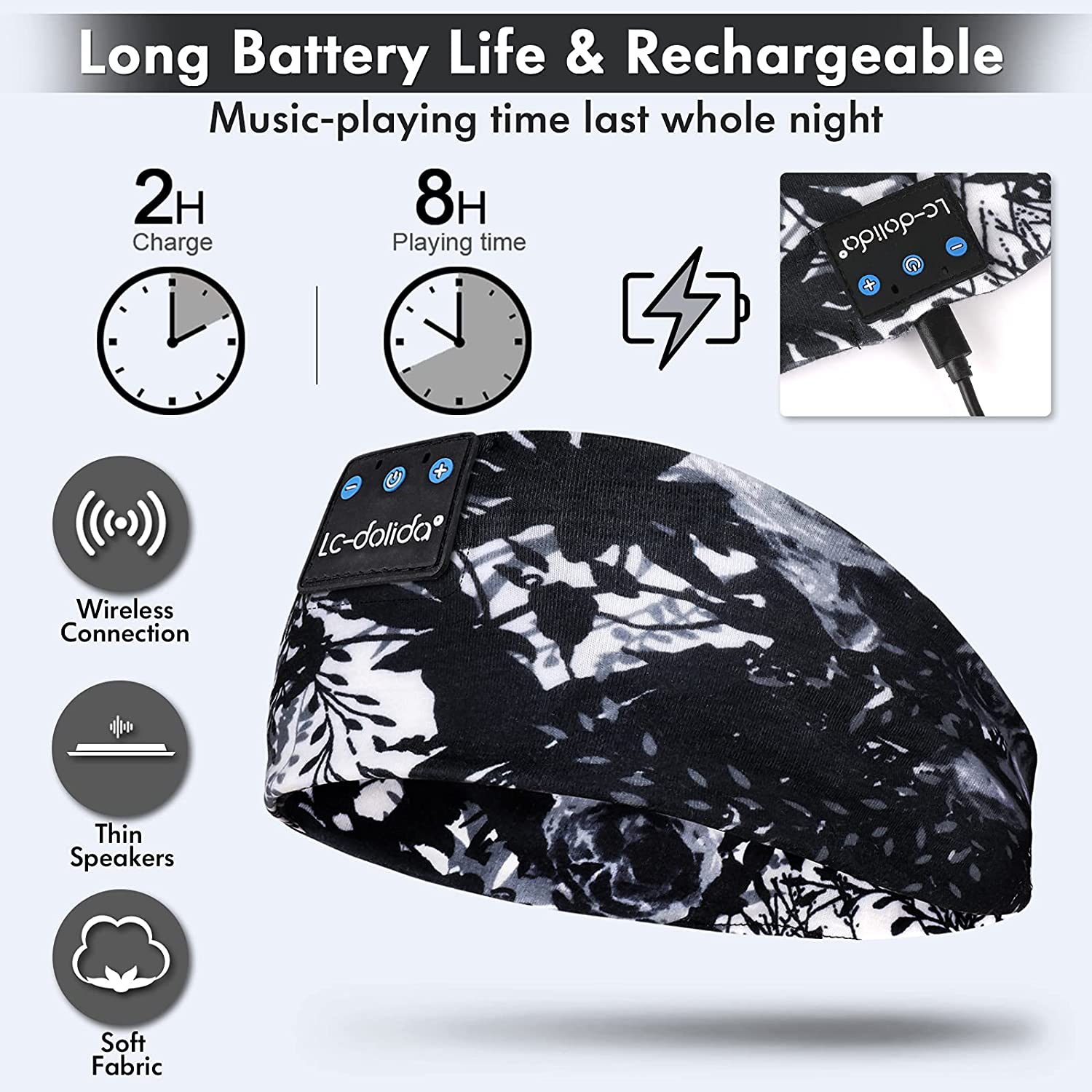10 Tips To Help You Manage Anxiety
If you feel more tired than usual and can’t seem to shake the perpetual state of exhaustion, you’re not alone. Everyone seems to be exhausted and is trying to rest or look for ways to get more energy. There are different ways to experience exhaustion from mental, emotional, physical, occupational, and more, and now more than ever it seems like everyone is and has been especially since the COVID pandemic began.

In the backdrop of the economy, an ongoing pandemic, and political divisiveness, Americans are working more than ever {and many feel as if they’re getting nowhere}. Employees who reported feeling fatigued jumped from 7% in 2019 to 44% in 2022. This is all while 38% of employees reported feeling burnout in 2023. For Black women these numbers are even more staggering. 78% of Black women say that they either sometimes, rarely, never have any energy at the end of the workday and a whopping 88% of Black women report having experienced burnout. The stressors of work coupled with the backdrop of daily events, leaves us all wiped out.
Everything seems to be urgent. You need to get this specific thing done right now. You have to call someone back ASAP. Someone needs you immediately. Recently the Nap Bishop, Tricia Hearsey shared an Instagram post (see below) how the imposed sense of urgency that we exist in contributes to overwhelm, and perpetuates power imbalance while disconnecting us from our bodies and our need to pause, reflect, and breathe. I couldn’t agree more.
Exhaustion is a byproduct of stress and anxiety, so it is important to develop skills to manage the root causes of your overwhelm. It can manifest in different forms, each has its own distinct causes, symptoms, and impacts on your well-being. While it all might feel equally depleting, there are actually different types of fatigue and different strategies you can use to address them.
Types of Fatigue
- Physical Fatigue can come from prolonged physical activity, lack of sleep, poor nutrition, or illness and can contribute to muscle weakness, fatigue, soreness, reduced stamina, and difficulty performing physical tasks, it limits physical capabilities and may lead to injury or chronic fatigue if not addressed.
- Mental Fatigue can be caused by prolonged cognitive tasks, stress, overthinking, or lack of mental rest, with symptoms being difficulty concentrating, memory issues, indecisiveness, irritability, and just feeling mentally drained. This type of stress can affect cognitive functions, productivity, and decision-making, potentially leading to burnout.
- Emotional Fatigue can be caused by prolonged stress, emotional labor, personal conflicts, or empathy fatigue and can leave you feeling overwhelmed and hopeless, with mood swings, detachment, and a lack of motivation. This type of exhaustion can really put a strain on your emotional resilience, relationships, and can contribute to depression or anxiety.
- Social Fatigue is caused by excessive social interaction, especially for introverts, or stressful social environments and can lead to increased irritability, desire for solitude, anxiety about social situations, and feeling drained after interactions. This might lead to social withdrawal, strained relationships, and increased stress.
- Sensory Fatigue can cause overstimulation from noise, light, screens, or other sensory inputs and lead to headaches, irritability, difficulty focusing, and a strong desire to escape sensory stimuli. This reduces the ability to tolerate sensory environments, potentially leading to sensory overload or shutdown.
- Spiritual Fatigue can cause a crisis of faith, disconnection from personal values, or feeling spiritually unfulfilled. This causes a profound sense of loss of purpose, existential angst, feelings of emptiness, and lack of spiritual or religious motivation and affects one’s sense of meaning, purpose, and connection to something greater, potentially leading to existential depression.
- Occupational Fatigue is caused by overwork, lack of job satisfaction, chronic workplace stress, or poor work-life balance and causes decreased productivity, cynicism towards work, absenteeism, and lack of enthusiasm for job tasks, and leads to burnout, job dissatisfaction, and may result in career changes and/or health issues.
- Compassion Fatigue is caused by continuous exposure to others’ suffering, common in caregiving or helping professions. It’s common to experience emotional numbness, detachment, reduced empathy, and feeling overwhelmed by the needs of others and can lead to burnout, withdrawal from caregiving roles, and emotional burnout.
- Decision Fatigue is caused by making too many decisions in a short period – often under stress and can manifest as poor decision-making, impaired judgment, procrastination, and poor decision-making, which leads to a decrease in the quality of decisions and can cause frustration and stress.
SOS, sis!
When you feel exhausted, it’s your body’s way of communicating to you that you’ve had an experience that’s made you feel a certain way. It’s giving you feedback so you can acknowledge what you’re feeling and assess what it needs.
Oftentimes, there is a need for us to slow down. Slow down to connect with your emotions.
How are you feeling? Sad? Helpless? Worried?
Slow down to take stock of how you feel in your body?
Are you in pain that you’ve been pushing through and ignoring?
Slow down and strengthen our connections with others.
When was the last time you had a heart-to-heart with a close friend?
Slow down and just be still.
When was the last time that you sat in unplugged silence and just took in your environment or sat with your own thoughts?
When was the last time you took a casual walk that wasn’t centered around losing weight, but just feeling your body move through space?
If you can’t answer yes to these questions, you may have already pushed yourself too far and we invite you to integrate some of the wellness practices listed below.
Exhaustion (or fatigue) is a state of feeling drained and overwhelmed, often due to prolonged stress, burnout, or intense emotional experiences. Understanding the type of exhaustion you’re experiencing is important for identifying the root causes and implementing appropriate wellness strategies. It might be that you’re experiencing multiple types of fatigue at once because you have a lot of responsibilities and you’re under an incredible amount of stress.
Prioritizing your health and wellbeing is LITERALLY the most important thing you can do for yourself. Here are some wellness tips that can help you navigate tough times and alleviate exhaustion:
- Prioritize Rest and sleep and practice these tips to help you sleep like a baby. Try to get 7-9 hours of quality sleep each night. If you’re struggling to sleep, create a bedtime routine with these restful finds. This will signal to your body that it’s time to wind down. Take naps (if you can), 20 minutes can help recharge your energy and improve your mood. When was the last time you had a guilt-free nap? Probably way too long.
- Practice Mindfulness and Meditation: Practice breathing exercises to calm your mind and reduce stress. Join an in-person or online wellness community that helps you develop your own mindfulness practice. Here are some of my favorite mindfulness and meditation resources to get you started. Exhale and Alkeme are two meditation and mindfulness apps that are for us and by us, with culturally relevant wellness practices that feature Black practitioners. Additional resources include, Megean Monahan’s Releasing Anxiety meditation, Tricia Hersey (The Nap Bishop)’s book Rest is Resistance and the Rest Life playlist.
- Physical Activity: Moving your body boosts your mood, endorphins, and immunity. Simply taking a walk can help reduce stress and give you a mental reset. You can also incorporate stretching exercises to relieve tension in your body and mind.
- Nourish Your Body: Having a balanced diet rich in fruits, vegetables, whole grains, and lean proteins to fuel your body and mind. Eating nutrient rich foods and staying hydrated can help maintain your energy levels.
- Set Boundaries: Communicate your needs. Hold people accountable and say no when you need to – protect your energy by learning to say no to additional responsibilities or commitments that can overwhelm you. Reduce exposure to social media and news that can contribute to emotional fatigue. If you haven’t done so already, do yourself a favor and buy Nedra Tawab’s book – Set Boundaries, Find Peace.
- Participate in Creative Activities: Express yourself through art, journaling, or other creative outlets to release pent-up emotions. Listen to calming music or create your own to relax and soothe your mind.
- Connect with Loved Ones: There’s a lot being said about the loneliness epidemic that’s happening. People are more detached from friends and family more than ever. If you need permission to reach out – reach out and call the people you love, chances are they’ll be happy to hear from you and have been wanting to reach out too. Get support by talking to friends or family members (you trust) who can offer a listening ear or comforting presence. Do something fun! Take part in light-hearted social activities that bring joy and connection without adding stress (avoid a dopamine hit from shopping and doom spending). Call a friend and go on a coffee date, even if it’s a virtual one!
- Spend Time in Nature: The outdoors is healing, so spend time outdoors – whether it’s in a park, forest, or garden. Nature has a calming effect and can help reset your emotions. If you have a backyard or access to a beach, try grounding techniques and practice grounding by walking barefoot on grass or sand to reconnect with the earth.
- Practice Gratitude – Things are not perfect, nor will they ever be, but gratitude journaling – writing down things you’re grateful for each day to shift your focus away from stress and toward positivity. That, along with positive affirmations to reinforce a hopeful and resilient mindset can help combat emotional exhaustion.
- Get Professional Help: There’s nothing wrong with therapy or counseling. If emotional exhaustion persists, consider seeking help from a therapist or counselor who can provide professional guidance and support.











